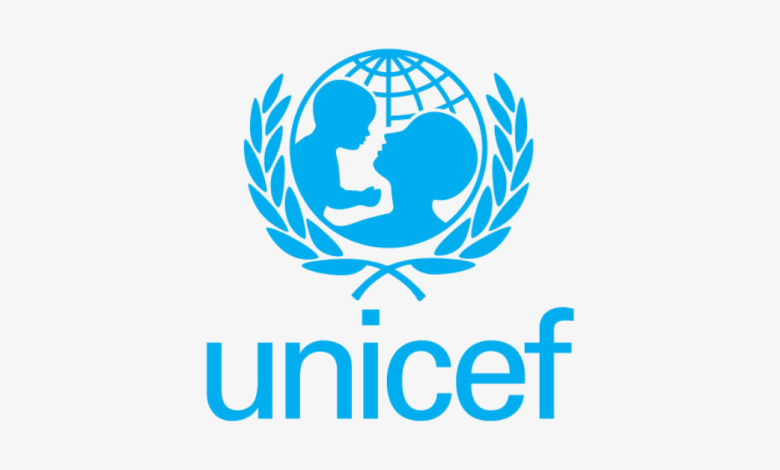
The United Nations Children’s Fund (UNICEF) has officially launched BIRD-Lab Nigeria (Behavioural Insights Research and Design Laboratory), a groundbreaking initiative designed to put children and communities at the center of development and policymaking.
The launch event, held in Lagos, brought together academics, government officials, and child development experts to unveil the project’s mission of combining research, innovation, and behavioural science to improve child survival, education, and health outcomes.
UNICEF Nigeria Country Representative, Wafaa Saeed, described the initiative as “transformative,” stressing that it is more than a launch but an opportunity to reshape UNICEF’s child-focused work in Nigeria.
“Everything UNICEF does begins and ends with children. BIRD-Lab Nigeria unites experts in psychology, sociology, nutrition, and communication to create practical, child-centered solutions,” Saeed said.
She noted that the lab will serve as a hub for collaboration and behavioural research, equipping graduate students to solve real-time development challenges while providing evidence-based recommendations to guide Nigeria’s child-focused policies.
The initiative has already gained strong institutional support from the Federal Ministry of Health and Social Welfare, Ministry of Information and National Orientation, and the University of Lagos (UNILAG).
Prof. Bayo Onajole, Chairman of NETBRECSIN, said the project draws inspiration from Ethiopia’s behavioural insights lab and will deliver measurable impact on child development. He emphasized that no project of this scale can succeed without strong partnerships and stakeholder commitment.
Representing UNILAG’s Vice-Chancellor, Prof. Afolabi Lesi highlighted three reasons for confidence in the project:
-
Its multi-disciplinary approach engaging sociologists, physicians, and other professionals.
-
Its national outlook as Africa’s second behavioural insights initiative.
-
Its strong partnerships with government and academia.
Prof. Ademola Oremusu, Provost of UNILAG’s College of Medicine, reaffirmed the university’s commitment to research that goes beyond hospitals by shaping community practices and beliefs that influence maternal and child health.
He added that 19 Nigerian universities have already joined the consortium, with more expected, and called for stronger government involvement and community participation to sustain the initiative.
“We will measure impact using indices such as reduced maternal and infant mortality, improved child survival, and better immunisation coverage — evidence that will guide future reforms,” Oremusu said.
UNICEF’s Chief of Social Behaviour Change, Kshitij Joshi, described BIRD-Lab as a model for nationwide behavioural innovation hubs. He noted that the Federal Ministry of Health has already dedicated space to integrate findings into national policies.
According to Joshi, the lab’s work will extend beyond Lagos, uniting universities, civil society, the media, and the private sector to design behavioural science-driven solutions in health, education, and sanitation.
With UNICEF’s full commitment and multi-sector collaboration, BIRD-Lab Nigeria is set to redefine child development strategies, improve maternal and child survival rates, and drive evidence-based policy reforms across the country.
Credit: . (NAN) (www.nannews.ng)




